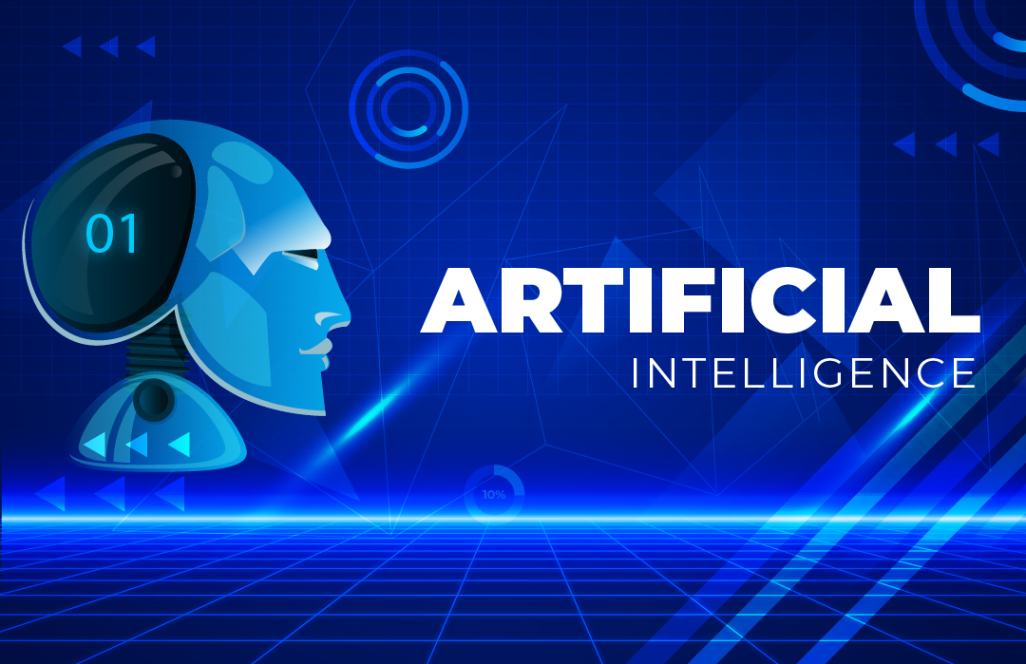AI technology known as artificial intelligence (AI) gives robots the ability to think critically, learn, and carry out activities that usually require human intelligence. It’s like giving computers the capacity to understand and respond correctly to data, just like people do. AI is utilized in a wide range of commonplace applications, including internet recommendation engines, email spam filters, and voice assistants. In general, AI is a very important tool that is changing the way we live and work, making tasks easier and more efficient.
Artificial Intelligence (AI) courses for kids are becoming increasingly popular as educators recognize the importance of preparing the next generation for an AI-driven future. These courses are designed to be engaging and educational, teaching children about AI concepts in a way that is easy to understand and fun to learn.
Artificial Intelligence course for kids are educational programs designed to teach children about artificial intelligence (AI) in a fun and interactive way. These courses introduce kids to basic AI concepts, such as machine learning and robotics, through hands-on activities, games, and projects.
It is important for kids to learn about AI because it is a technology that is becoming increasingly prevalent in our world. By understanding the basics of AI, kids can better understand the technology that is shaping their future. Additionally, learning about AI can help kids develop important skills, such as critical thinking, problem-solving, and creativity, which are valuable in any field.
Starting Artificial Intelligence course for kids from an early age is beneficial because it allows kids to develop a strong foundation in AI concepts. Kids are naturally curious and eager to learn, so introducing them to AI at a young age can help spark their interest and passion for the subject. Moreover, early exposure to AI can help kids become more comfortable with technology and better prepared for the future job market, where AI skills are in high demand.
AI-powered virtual assistants, such as Amazon’s Alexa, Apple’s Siri, and Google Assistant, are another common example of AI in the real world. These assistants use natural language processing (NLP) and machine learning algorithms to understand and respond to user queries, perform tasks like setting reminders or controlling smart home devices, and provide personalized recommendations. They continuously learn from user interactions to improve their responses and functionality, showcasing the versatility and practicality of AI in everyday life.
Imagine you have a robot friend that who can pick up new skills and help you with your assignments. Artificial Intelligence (AI) is similar to that! Artificial Intelligence (AI) is a technology that enables machines, such as computers and robots, to think and act automatically.
For example, have you ever played a game on a tablet or a computer where you competed against the computer? The computer uses AI to learn from each game and get better, just like you do when you practice a new game or sport.
AI also powers voice assistants, such as Alexa and Siri. They employ artificial intelligence (AI) to grasp language, much to how you acquire new words and phrases, so they can comprehend what you say and assist you in finding information.
AI has the potential to enable humans to carry out an enormous number of incredible things in the future, including driving automobiles, visiting other planets, and even discovering medical treatments. Thus, artificial intelligence is like having a wise companion who can assist us in improving the world!
Artificial Intelligence (AI) courses for kids are structured to introduce young learners to the basics of artificial intelligence in an engaging and accessible manner. These courses typically cover a variety of topics, including the fundamental principles of AI, the concept of machine learning, and the application of AI in robotics. Kids also learn basic programming skills, often using user-friendly platforms, to understand how to create simple AI programs. Additionally, Artificial Intelligence (AI) courses for kids emphasize the importance of ethics and bias in AI, teaching children how to use AI responsibly and recognize the potential impacts of biased algorithms. Through hands-on projects and real-world examples, kids gain a practical understanding of AI and its applications in various industries. Starting AI education at an early age is crucial as it helps children develop critical thinking, problem-solving, and creativity skills, preparing them for future educational and career opportunities in an increasingly AI-driven world.
STEMROBO’s Artificial Intelligence course for kids include interactive lessons, hands-on activities, and real-world projects that help children understand the basics of AI and its applications. These courses are designed according to every student’s understanding and learning level which makes it very useful for students.
We have various types of courses:
One of them is Block Python and AI course (beginner level)
In this course, we will introduce coding to Grade 3-5 students.
Students will learn how to code using block-based programming tools with AI connect.
Block Coding simplifies the art of coding for young minds, with the help of the visual blocks students can experiment and create their own Python Programming, and Artificial Intelligence.
This Block Coding Course from Tinker Coders helps students elevate vital 21st-century skills like Logical thinking, Computational thinking, Sequencing, and many more. This will not help students pick up advanced coding courses in the future but will also help them think critically and find solutions to problems. There are no prerequisites to joining this course. Students will be taught using AI CONNECT platform.
Students will learn to apply logic, understand phonics and the basics of coding structures. They will be working on live projects and will be provided access to self-learning modules for practice and self-exploration.






